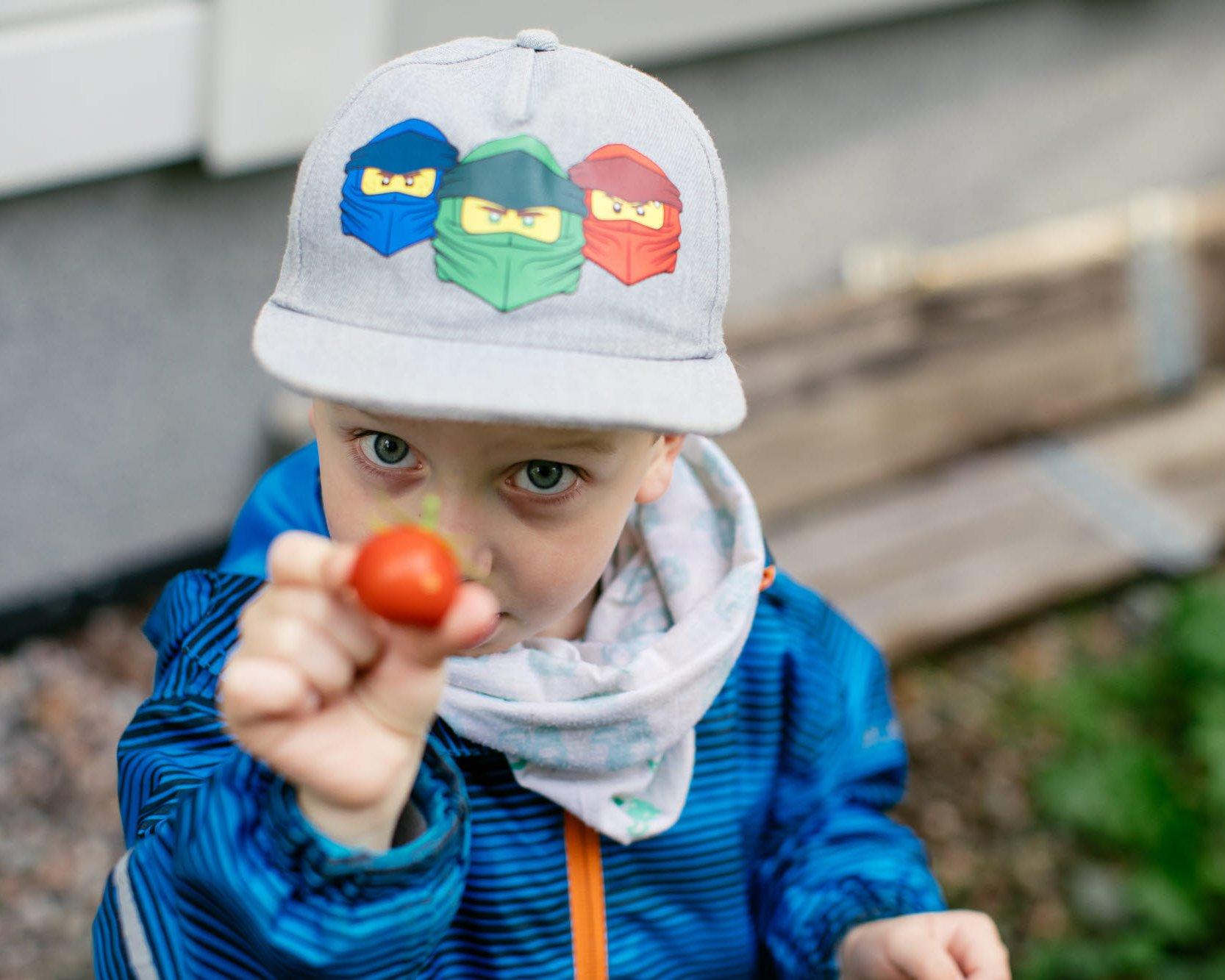Parenting style and practices can shape children's vegetable consumption

This study supports earlier evidence that the availability of vegetables at home is key for preschoolers' consumption, while adding the novel finding that an overprotective parenting style may hinder vegetable consumption. We also found indications consistent with theoretical models proposing that parenting style shapes how food parenting practices influence children's eating.
Eating habits are formed already in early childhood, and parents play a key role in it. Their influence can be examined through specific food parenting practices (such as making healthy food available and involving children in cooking) and broader parenting styles that create the emotional climate at home. Research on parenting style and children’s food consumption is particularly limited. We examined how parenting style and vegetable-related parenting practices were associated with vegetable consumption among 3–6-year-olds, and whether parenting style modified the associations between vegetable-related parenting practices and children’s consumption.
Our cross-sectional sample comprised 767 children and their parents from the DAGIS Survey (2015–2016). Parents reported their children's vegetable consumption via a three-day food diary and filled in a questionnaire assessing five parenting style constructs (nurturance, structure, behavioral control, inappropriate control, and overprotection) and the use of specific vegetable-related parenting practices.
Our key findings were that children ate more vegetables if parents made them more available at meals, while allowing the child to choose which and how much to eat. In contrast, children ate less vegetables if parents were more overprotective, referring to excessive involvement and control relative to the child’s developmental level. Additionally, involving children in choosing and preparing vegetables was associated with higher vegetable consumption only when parents scored lower on nurturance or overprotection, suggesting that parenting style may modify the impact of vegetable-related parenting practices.
This study revealed novel findings, particularly concerning the role of parenting style in children's vegetable consumption. Future research should clarify the causal pathways, examine how overprotective parenting may reduce vegetable intake, and explore why the effects of some food parenting practices appear to depend on parenting style. Such knowledge will help identify effective strategies to support parents in fostering healthy food consumption in preschoolers.
Original article:
Vegetable-Related Parenting Practices, Parenting Style and Preschoolers’ Vegetable Consumption: Cross-Sectional Associations and the Moderating Role of Parenting Style.
Rahkola J, Lehto R, Vepsäläinen H, Abdollahi AM, Björkqvist J, Tilli E, Serasinghe N, Gubbels J, Burnett AJ, van der Borgh-Sleddens E, Roos E, Erkkola M, Ray C. Maternal & Child Nutrition. 2025.




